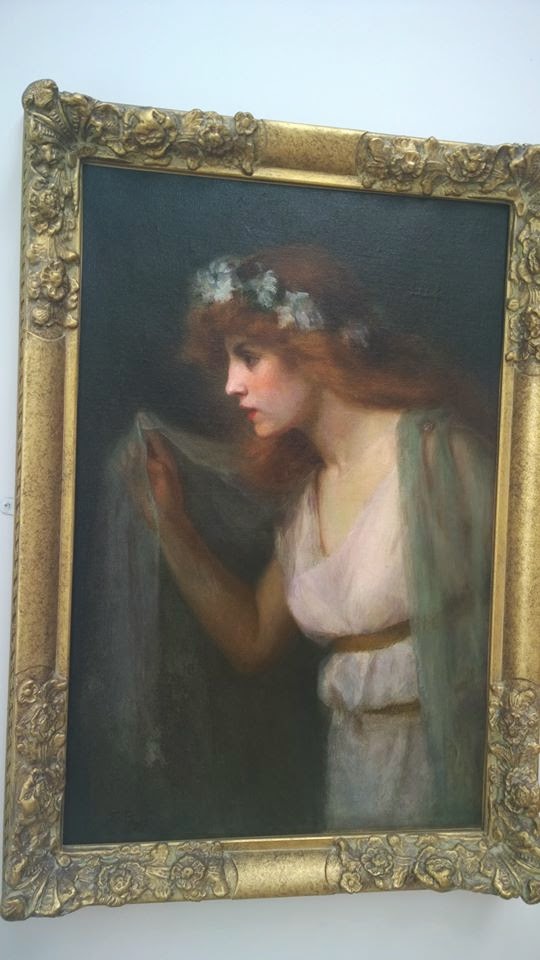During our July session, Kuli and Nirmal talked us through the basics of life writing.
Life writing means writing about a real person or events, and falls broadly into two categories:
Autobiographical – writing about yourself
Biographical – writing about someone else
It doesn't have to be their whole life, as poems and short stories can be (auto)biographical. The point is that it's a real person and not a character the writer has made up.
We examined some of the reasons which people might want to write about real events or people, such as:
- Bringing a new, previously unknown perspective to events/a person
- Telling the 'real' story of someone's life
- Approaching someone's life with increased objectivity or subjectivity
- Catharsis – a releasing mechanism
- Helping others in a similar situation
- Educating people on what it is like to live a certain way
- Entertainment, if the life/events have been particularly funny or unusual
- Leaving behind a record for future generations
- Money or making a living.
And we discussed how the purpose of writing in this way will shape the writing.
Then we looked at autobiography in more detail.
As you are writing about yourself in autobiography, you have to remember that even though you know yourself well, the reader doesn’t! That means you have to treat yourself as a character. You don’t have to make anything up like you would if you were creating a character, but you do have to remember some of the key lessons we learned in our June session about effective characters.
- Write about yourself heading for a goal
- Be consistent in writing your reactions to situations
Also remember to write about yourself in a true-to-life way. You can leave things out, but don’t make things up about yourself or it won’t be genuine!
And don’t forget that even though this is autobiography, it still needs to be interesting for a reader, so make sure you give the writing the same attention you would a story – lots of description and creative word choices.
We then had a taster of biographical writing by doing an exercise where we wrote down a few sentences about a few people we know if real life to describe them to the group.
Biography is a lot different from autobiography because when writing about yourself you have the benefit of knowing what your feelings and thoughts are and how you react to situations. When writing about someone else, you need to know them very well. There are three main types of biography:
- Writing about someone who you know well e.g. your mother
- Writing about a living person who you will need to interview or spend time with to get to know
- Writing about a dead person, who you will have to research using other texts and records
There are some similarities to autobiography though - there are some considerations we need to make:
- Representing people fairly and realistically, not offending them, and not making things up (don't want any libel or slander cases!)
- Keeping it interesting, as above - making sure there's progression, a storyline and description to keep the reader's interest. Keep the people involved consistent - you must know how they would have reacted to certain situations.
To practice the skills we’d discussed, we practiced writing our own obituaries! It sounds a bit morbid but is a really good way of listing all your achievements and notable points of your life. Some were a little more – ahem – optimistic than others but it was great practice.
We looked at how life writing has been used throughout the ages from the ancient times to the development of film technology, as people are always interested in stories about real people!
We also looked at some common components which influence life writing:
· a concern for ‘truth telling’
· memory – insight into past, present, future
· place
· revelation and concealment – no life can be fully recounted
· privileged ideas and perspectives
· context – historical, political and cultural
· mixture of fact and fiction
· voice – sense of person
· variety of text types: letters, newspaper articles, photographs etc
· allusions to religion, art and literature
· writing and reflection to understand connections between past, present and future
· relationships – insight into connections between past, present and future
All of these need to be considered when starting an autobiographical piece, especially if you are planning on writing an autobiography/biography of a whole life, or life to date. Once you’ve identified them, this will give you the guidelines which you will write the story within.
Writing Task:
This month’s writing task is a little different to usual. As next month we’re visiting the Wolverhampton Art Gallery to produce responses to the artwork there, we won’t be able to share any pieces of work.
However, in September we’re having a detailed feedback session, so please send either up to 500 words of prose, or up to 6 poems to Cherry, who will circulate these to the group. We will spend a month reading them and compiling feedback which will be shared when we meet in September.
















